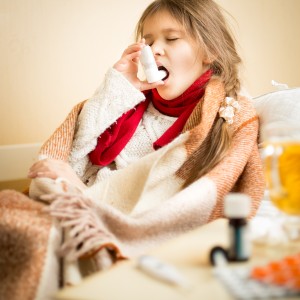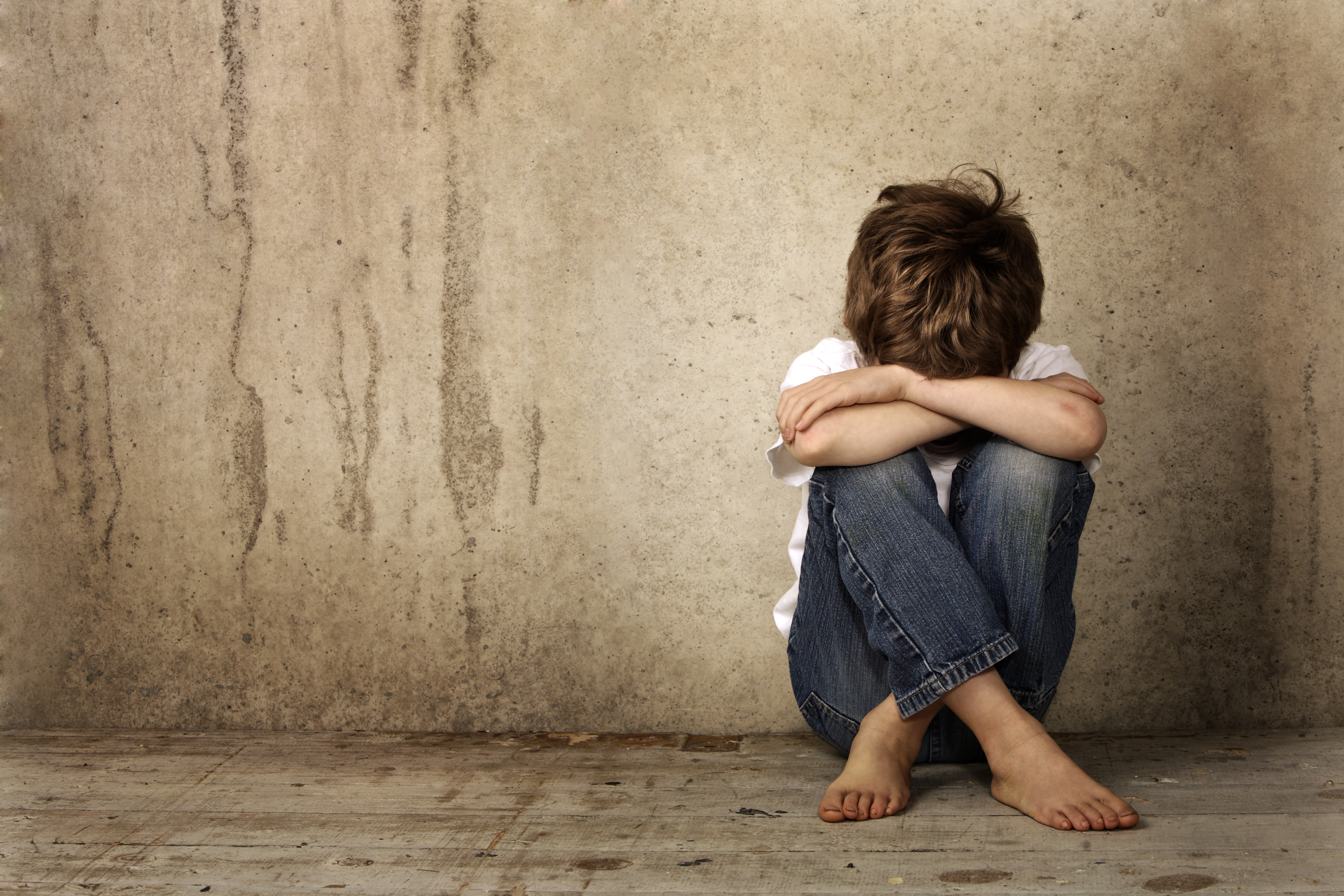 Researchers at Brown University and Hasbro Children’s Hospital in Providence, Rhode Island recently revealed that children exposed to adverse experiences during childhood are more prone to developing asthma. The study is entitled “Association between adverse childhood experiences in the home and pediatric asthma” and was published in the journal Annals of Allergy, Asthma and Immunology.
Researchers at Brown University and Hasbro Children’s Hospital in Providence, Rhode Island recently revealed that children exposed to adverse experiences during childhood are more prone to developing asthma. The study is entitled “Association between adverse childhood experiences in the home and pediatric asthma” and was published in the journal Annals of Allergy, Asthma and Immunology.
Several studies have suggested that psychosocial factors may play a role in pediatric asthma. In this study, researchers analyzed the possible relationship between parent-reported diagnosis of lifetime asthma in children and single or cumulative adverse childhood experiences (ACEs). These ACEs are considered a measurement of household dysfunction and correspond to events such as witnessing domestic violence. Data from the National Survey of Children’s Health was analyzed, including parental interviews of 92,472 children, from newborns to 17 years old.
Apart from domestic violence, other situations were also assessed, namely, if the child lived with someone who had problems with drugs or alcohol, who was mentally ill, severely depressed or suicidal, who had served time in jail or prison, if a parent or guardian was divorced or separated, and if a parent or guardian had died. In addition, smoke exposure was also evaluated and the parents were asked about safety issues in their neighborhood.
Researchers found that overall, asthma prevalence in the children cohort was of 14.6% and the prevalence of exposure to any type of ACE was 29.2%. A higher number of ACEs was found to be linked to an increase in asthma development. “Of all the children in the sample, 31 percent were exposed to at least one ACE – the most common one being living with a parent or guardian who got divorced or separated,” said the study’s lead author Dr. Robyn Wing in a news release. “What surprised us was that among the children who had been exposed to 5 or more ACEs, 25 percent of parents or guardians reported that their child had an asthma diagnosis — compared with only 12 percent for those with zero ACE exposures. The data showed that the more adverse childhood experiences (ACEs) a child is exposed to, the greater the probability he or she will develop asthma.”
[adrotate group=”11″]
Interestingly, Hispanic children exposed to four ACEs exhibited a 4.46 times increase in lifetime asthma, whereas white children had 1.19 times increase in the likelihood of developing asthma in comparison to children who have not experienced ACEs.
The research team concluded that their findings support the concept that biopsychosocial factors influence asthma onset in children. Future studies should be conducted to assess the link between ACEs and specific asthma-related health outcomes.
“We know that young children are susceptible to numerous adverse factors that they may be exposed to in the home environment — including cigarette smoking, indoor triggers, and even, as this study shows, dysfunctional families and associated domestic violence” concluded Dr. James Sublett, President of the American College of Allergy, Asthma and Immunology (ACAAI). “It is even more important that these high risk children are identified and cared for by experts in the management of asthma.”

